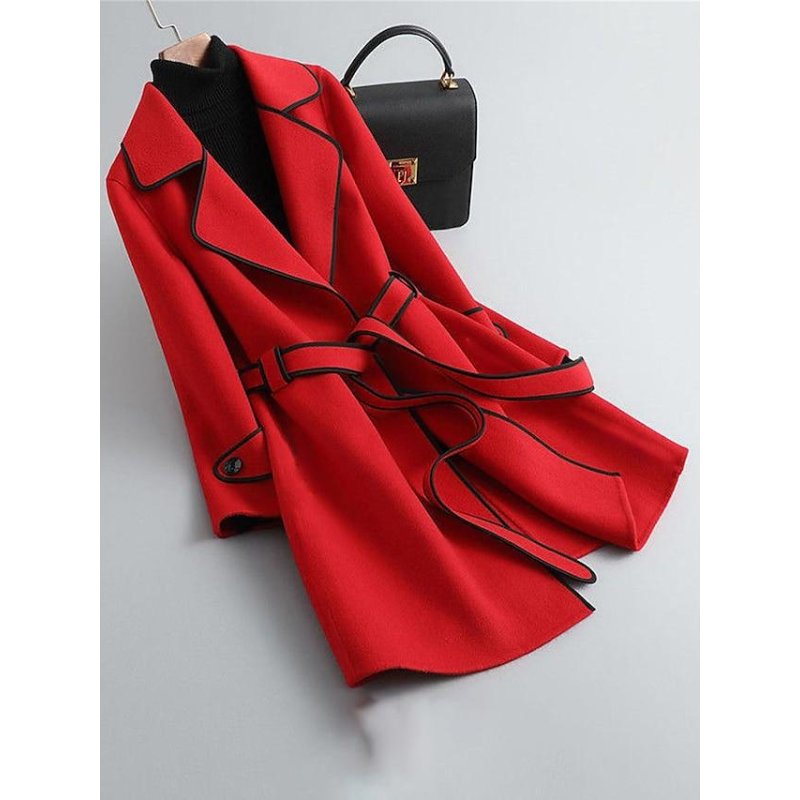“The Impact of Fashion on Society – How Clothing Reflects Culture and Identity”
Tag: fashion, clothing, society, culture, identity
In today’s world, fashion is more than just a way to cover our bodies. It has become a powerful tool for expressing one’s individuality and making social statements. From high-end designer brands to fast fashion retailers, the clothing we choose to wear reflects not only our personal style but also societal norms and values.
Fashion has always been a part of human society. Throughout history, different cultures have developed their own unique styles and garments that represent their traditions and beliefs. In ancient civilizations such as Egypt or Greece, clothing was used as a symbol of wealth and status. The more elaborate your outfit was, the higher your social standing was perceived to be.
Fast forward to modern times where fashion plays an even bigger role in shaping society. With the rise of social media platforms like Instagram and TikTok, trends can spread quickly across the globe influencing people from all walks of life. This constant exposure to new styles through various media channels has led to a greater emphasis on dressing in accordance with current fashions.
But why do we care so much about what we wear? One explanation could be that clothing is closely tied to our sense of identity. We use it as a means of self-expression and projecting how we want others to perceive us. For instance, someone who wears punk-inspired outfits may identify themselves as rebellious or non-conformist while someone who prefers preppy attire may seek acceptance within traditional societal norms.
Moreover, fashion also plays a significant role in cultural identity. Traditional garments are deeply rooted in culture and heritage passed down through generations. Wearing these pieces not only connects individuals with their ancestors but also helps preserve customs and traditions within societies.
On the other hand, some argue that excessive focus on appearance perpetuates harmful beauty standards leading many individuals towards body image issues such as body dysmorphia and eating disorders. This is especially prevalent in the fashion industry where thin models are often seen as the ideal standard of beauty.
However, with the rise of body positivity movements and diversity in representation within the fashion industry, there has been a push towards more inclusive and diverse standards of beauty. This shift towards acceptance and celebration of different body types has slowly started to change societal perceptions around appearance.
In conclusion, fashion goes beyond just being a means to cover our bodies; it reflects society’s values, beliefs, and identities. It can serve as a powerful tool for self-expression while also preserving cultural heritage. As we continue to evolve as a society, so will our relationship with fashion – constantly shaping and reshaping how we perceive ourselves and others through clothing choices.

